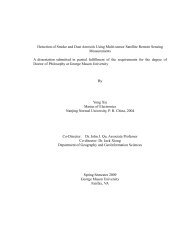Shifting Alliances in the Accreditation of Higher Education: On the ...
Shifting Alliances in the Accreditation of Higher Education: On the ...
Shifting Alliances in the Accreditation of Higher Education: On the ...
Create successful ePaper yourself
Turn your PDF publications into a flip-book with our unique Google optimized e-Paper software.
as strong as exist<strong>in</strong>g codes. Accountability, which is discussed more thoroughly later, is<br />
here used to describe <strong>the</strong> transparency <strong>of</strong> monitor<strong>in</strong>g. F<strong>in</strong>ally, complementarity refers to<br />
whe<strong>the</strong>r or not nongovernmental regulatory systems are consistent with pre-exist<strong>in</strong>g<br />
government regulation. 52<br />
All four <strong>of</strong> <strong>the</strong>se four criteria may be applied to <strong>the</strong> accreditation system, at least<br />
<strong>in</strong> <strong>the</strong>ory, to determ<strong>in</strong>e whe<strong>the</strong>r or not it is an appropriate method <strong>of</strong> regulation. In fact,<br />
<strong>the</strong> issue <strong>of</strong> rigor is one <strong>of</strong> <strong>the</strong> primary objections that has been made concern<strong>in</strong>g <strong>the</strong><br />
accreditation system; <strong>the</strong>re is a large and vocal community that feels <strong>the</strong> current system is<br />
<strong>in</strong>adequate precisely because standards are not measurable. The issue <strong>of</strong> legitimacy is<br />
central to <strong>the</strong> criticism that a large segment <strong>of</strong> <strong>the</strong> postsecondary education community,<br />
most particularly <strong>the</strong> proprietary schools, is not well represented with<strong>in</strong> <strong>the</strong> accreditation<br />
system. Accountability is also an issue as many have compla<strong>in</strong>ed <strong>of</strong> a lack <strong>of</strong><br />
transparency <strong>in</strong> <strong>the</strong> accreditation process and want <strong>the</strong> results <strong>of</strong> monitor<strong>in</strong>g activities to<br />
be made public. F<strong>in</strong>ally, complimentarity has been an ongo<strong>in</strong>g concern for postsecondary<br />
education; <strong>in</strong> fact, it was largely as a result <strong>of</strong> <strong>the</strong> <strong>in</strong>ability <strong>of</strong> state governments to<br />
coord<strong>in</strong>ate <strong>the</strong>ir own licens<strong>in</strong>g efforts. The issue <strong>of</strong> complementarity is particularly<br />
relevant to understand<strong>in</strong>g <strong>the</strong> controversy over <strong>the</strong> 1992 Amendments to <strong>the</strong> <strong>Higher</strong><br />
<strong>Education</strong> Act, as will be discussed <strong>in</strong> a later section.<br />
S<strong>in</strong>clair observes that government regulation and <strong>in</strong>dustry self-regulation are not<br />
mutually exclusive but, ra<strong>the</strong>r, depend on each o<strong>the</strong>r to work. In particular, he notes that<br />
<strong>the</strong> threat <strong>of</strong> future government regulation <strong>of</strong>ten acts as a strong <strong>in</strong>centive for <strong>in</strong>dustries to<br />
52 O‘Rourke, ―Outsourc<strong>in</strong>g Regulation,‖ 25.<br />
29


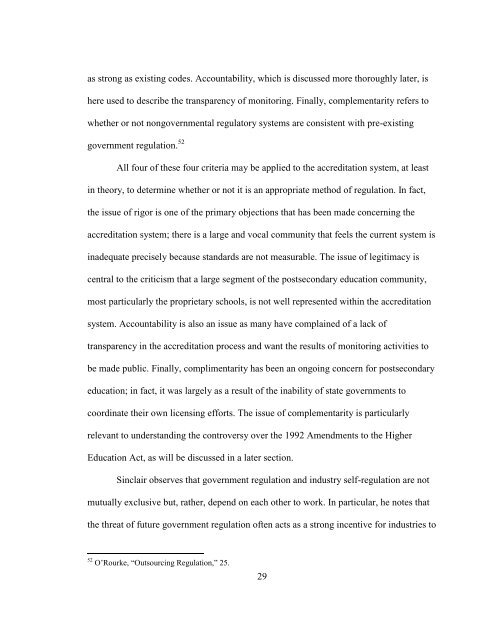
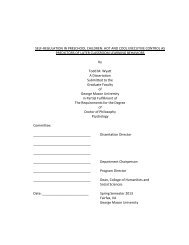
![[Sample B: Approval/Signature Sheet] - George Mason University](https://img.yumpu.com/21978828/1/190x245/sample-b-approval-signature-sheet-george-mason-university.jpg?quality=85)
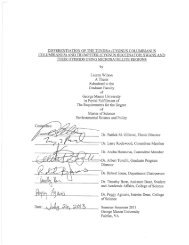
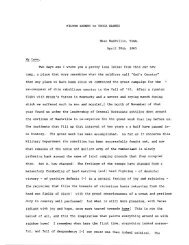
![[Sample B: Approval/Signature Sheet] - George Mason University](https://img.yumpu.com/18694905/1/190x245/sample-b-approval-signature-sheet-george-mason-university.jpg?quality=85)
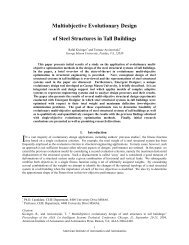
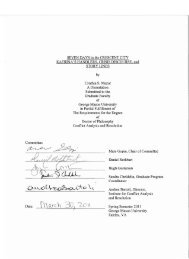
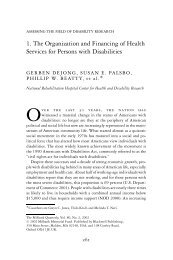
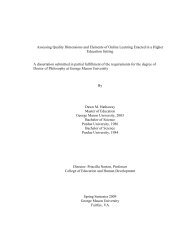
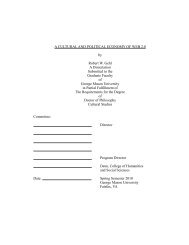
![[Sample B: Approval/Signature Sheet] - George Mason University](https://img.yumpu.com/18694552/1/189x260/sample-b-approval-signature-sheet-george-mason-university.jpg?quality=85)
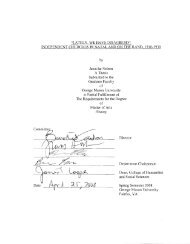
![[Sample B: Approval/Signature Sheet] - George Mason University](https://img.yumpu.com/18694474/1/190x245/sample-b-approval-signature-sheet-george-mason-university.jpg?quality=85)
